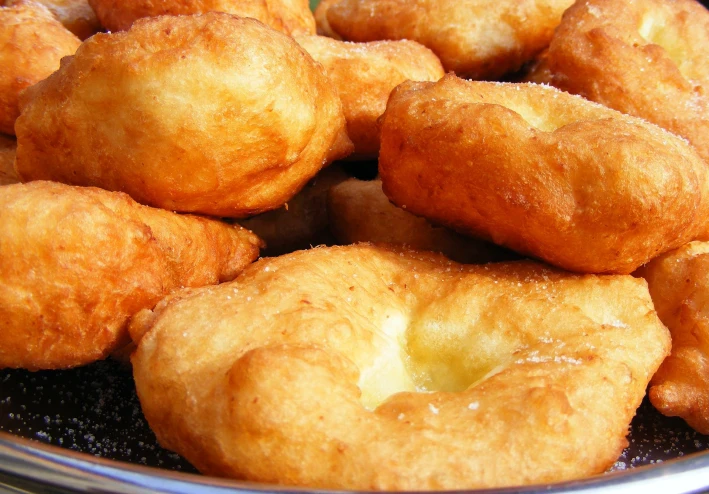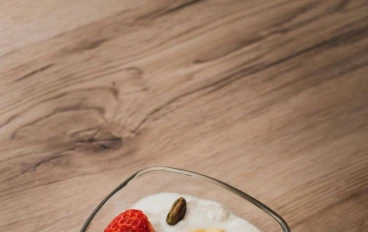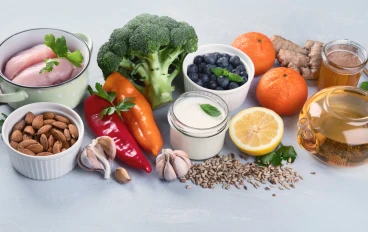
Do Not Be Be Sugar(Cholic).
Be Aware of Excess Sugar
To Not Be Addicted to /Sugar (Cholic)
Excess sugar intake leads to cravings for more sugar that mimic an addiction state—similar to that of alcohol. Excess sugar intake can lead to cravings, mood crashes, and long-term health risks that mimic addiction. Learn how added sugars affect your brain, weight, and well-being—and how to regain control through mindful eating..
.See Explanation Below
Fructose, a component of sugar and widely used in processed foods and beverages, has very little—or nothing—to do with nutrition. But it has a lot to do with how good it makes you feel in your brain. It activates dopamine, serotonin, and norepinephrine. This is what makes people crave sugar, especially when consumed in excess—they simply cannot stop.
They may stop for a week or a month but then go back because they are drawn to the "good feeling" that includes raised feelings of self-esteem.
How Sugar Affects Your Body
Consuming sugar causes a spike in blood glucose. The added sugar tells your pancreas to produce the hormone insulin.
Insulin signals your cells to use this excess energy. But if you are in a sedentary state (not physically active), your muscle and liver cells will store that sugar for later—contributing to weight gain.
This process happens quickly, leading your blood glucose to fall sharply not long after eating—the classic “sugar crash”.
This crash can cause symptoms like fatigue and irritability and leaves your cells wanting another fix—similar to the mechanism of alcohol cravings.
Long-Term Health Concerns
If you’re regularly experiencing spikes and crashes from a constant intake of added sugar, insulin resistance can develop. This is a real health concern. Your cells stop responding to insulin’s signal telling them to use the energy. Instead, your body and liver store the sugar as fat.
Be aware that eating high-sugar foods late at night aggravates cravings, as insulin sensitivity decreases in the evening in preparation for melatonin production and sleep.
This causes blood sugar levels to rise more with sweet foods than if eaten earlier in the day.
The Sugar "High" and Addiction Cycle
In simple words, excess constant sugar intake makes you feel good—in the short term.
That “high” and the need to refuel after a crash is what makes the sweet stuff so hard to resist—similarly to dependency or addiction states like alcohol or drugs.
Research supports the development of an unhealthy relationship with added sugars, as shown in studies on sugar dependence in rats.
In fact, 5 out of 11 criteria for substance use disorder are met:
Using more amounts for longer than intended
Cravings
Hazardous use
Tolerance
Withdrawal

So, What Should You Do?
HEALTHY ALTERENATIVES
If you like sweets or sugary foods, that doesn’t necessarily mean you’re dependent or that you have to completely break up with added sugar.
But if you’re tired of sugar highs followed by unpleasant lows, you can toughly restrict your sugar intake.
This can help reset the craving-reward-crash cycle.
Afterward, you can mindfully reintroduce added sugar into your diet in moderation, and feel less dependent on it as a food flavoring by getting sugars from natural, nutritious food sources.
What Are Healthy Sugar Sources?
We get sugars from fruits, veggies, and dairy. Our body converts starches like potatoes, pasta, rice, bread, and beans into the simple sugar called glucose.
Sugar consumption becomes problematic when we:
Eat too much of the sugar added to processed goods
Or when we put too much of it in the natural foods we eat
This is what we call “added sugar.”
Final Note
There are many recommendations and strategies to include sugar in your diet in a healthy approach.
More details about sugar, healthy choices, and limitations may be discussed in an upcoming article. “If this article helped you, share it or support my work to help others break free from sugar dependency.”






























